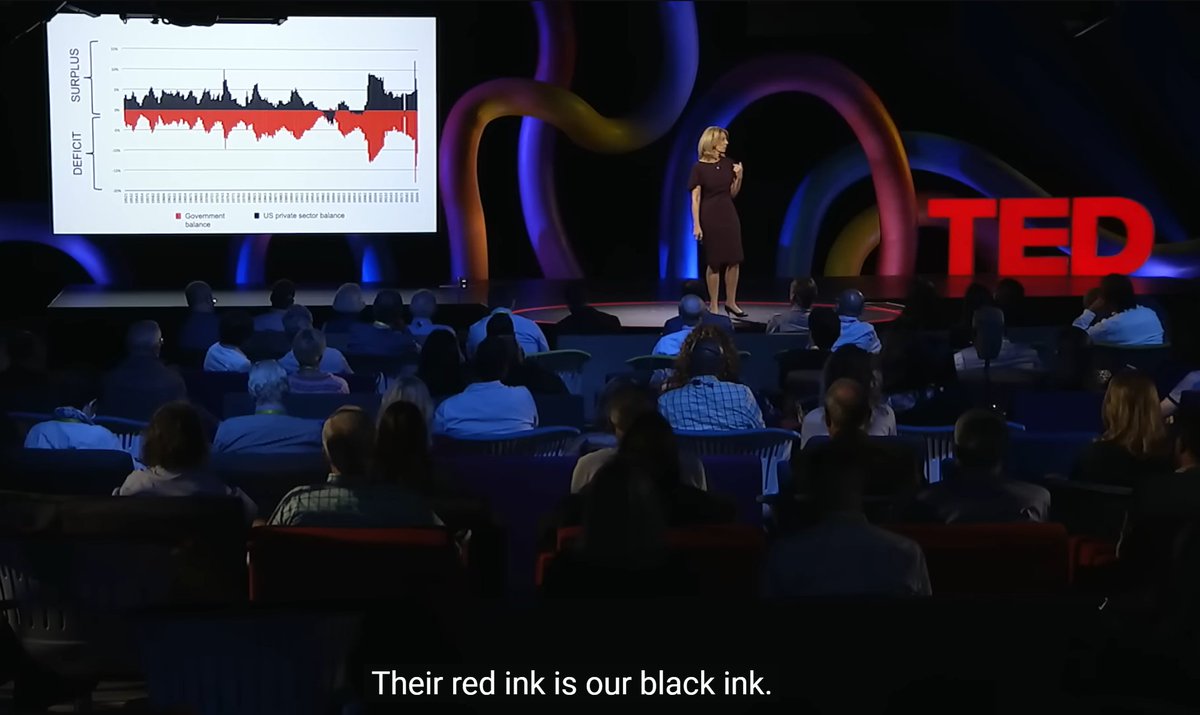
The world needs economic literacy.
Aso prof #entrepreneurship @okstate. And @Ratio_Institute, @mises
Books: https://t.co/vgTuivOv8H
Tweets my own.
18 subscribers
How to get URL link on X (Twitter) App

https://twitter.com/Graeber_social/status/1966750207460179993Before you make up reasons my comment has no relevance for Graeber's "legacy," I did debate with him repeatedly while he was alive. He had an "ability" to simply overlook those parts of a picture that didn't fit his political narrative. He was political first, all else secondary.

https://twitter.com/jack/status/1910829254214115681I've written about this before, e.g. "Postmarket Effects of Intellectual Monopoly" from 2011 mises.org/mises-daily/po…


 The issue of time lies in the fact that production precedes consumption. Production in the present facilitates consumption in the future. So the goods available for sale today were produced previously, not now. People are employed for their contributions to meeting future demand.
The issue of time lies in the fact that production precedes consumption. Production in the present facilitates consumption in the future. So the goods available for sale today were produced previously, not now. People are employed for their contributions to meeting future demand.

 The only way you end up with such a nonsense conclusion is if you have no conception of value creation in the economy. That is, if you assert that the economy is about simple statistical metrics, not the constant striving to satisfy people's wants (on their own terms, not yours).
The only way you end up with such a nonsense conclusion is if you have no conception of value creation in the economy. That is, if you assert that the economy is about simple statistical metrics, not the constant striving to satisfy people's wants (on their own terms, not yours).